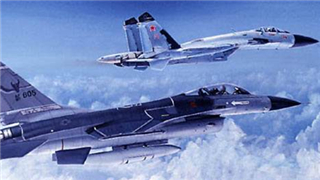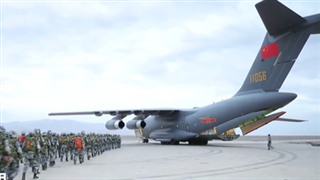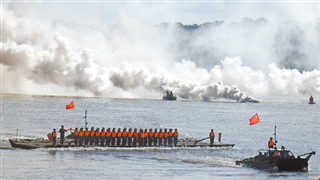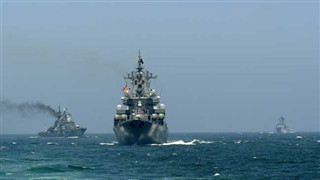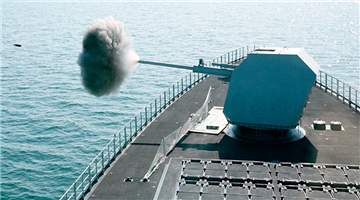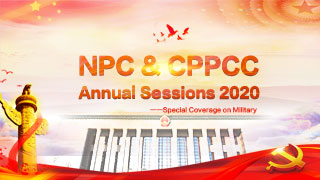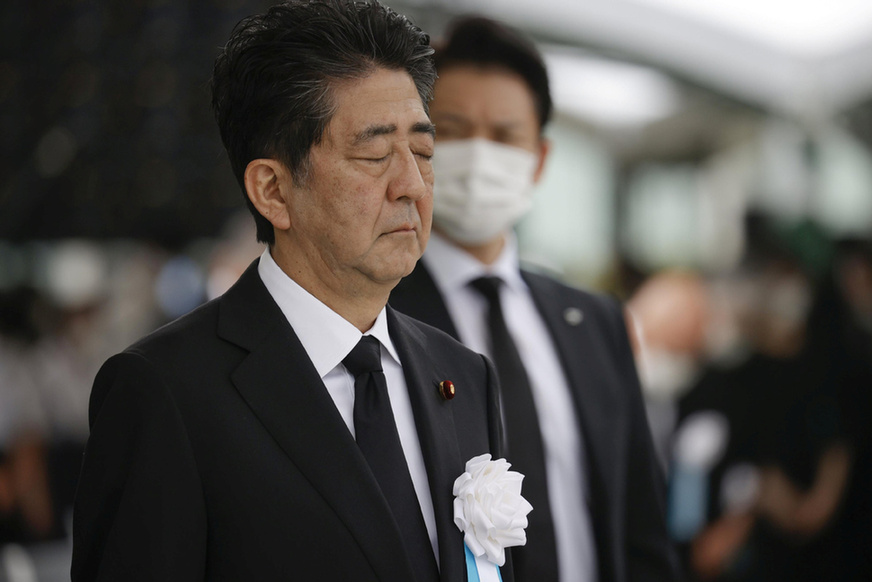
The generation of our fathers and grandfathers endured two devastating world wars, and much else besides. Military conquerors from earlier periods were often lauded over conduct that, by today's standards of behavior, would be considered despicable.
Japan has just marked the 75th anniversary of the two terrible atomic bombings of its cities that forced it to surrender, which helped quickly bring World War II to an end by the cessation of all hostilities in the Far East in 1945, apart from the declaration of war against Japanese aggressors by the Soviet Union.
Unfortunately, the message that the annual remembrance ceremony conveys implies that Japan was the victim, rather than the aggressor.
The Chinese mainland generally, and Hong Kong, too, had ample painful experience of being at the receiving end of Japanese military aggression, as had many other unfortunate parts of East Asia and the Pacific.
Japan again attacked China by invading Manchuria back in 1931. This was described by the Lytton Commission as "ethically illegitimate". The commission was established by the League of Nations, the first worldwide intergovernmental organization whose mission was to maintain world peace, to determine what caused Japan's invasion of Manchuria.
The wider Sino-Japanese War, which followed from 1937, continued the military expansion of the then-growing Empire of Japan.
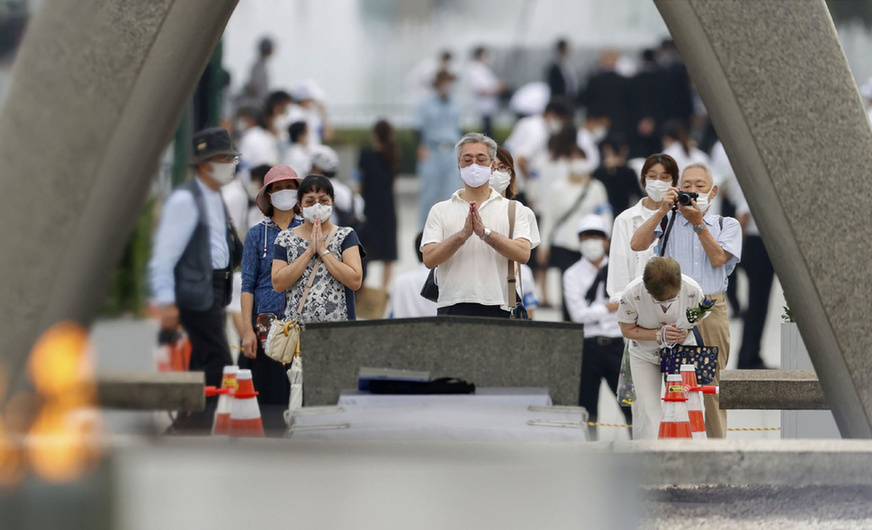
The infamous Rape of Nanking (then China's capital and today's Nanjing) in late 1937 saw the mass murder by Japanese soldiers of hundreds of thousands of prisoners of war, and of civilians, as well as mass raping and pillaging. Japan's conduct of the war has been described as "Asia's Holocaust".
Millions of Asian people, including civilians and captured Chinese soldiers, died. Some estimates put the total death toll at 25 million or more.
In Hong Kong, invaded by Japan in 1941, at about the same time as Pearl Harbor was attacked, the Japanese occupation-which lasted for three years and eight months-included the deaths of more than 10,000 Hong Kong people by murder, torture, mutilation and rape.
In other parts of China, Japanese military units weaponized deadly infectious diseases, including exposing soldiers and civilians to bubonic plague, botulism, anthrax, smallpox and cholera, causing huge casualties to the Chinese people for years to come.
There was even a secret plan to attack California by germ warfare, which had already been launched around the fields and cities of China.
Inhuman and illicit experiments were conducted on human beings, who were vivisected as part of their chemical and biological weapons development program. Japan did not hesitate to use such banned germ warfare techniques.
The enforced slave labor imposed by Japan on prisoners of war and civilian victims in the territories it conquered remains a byword for cruelty. Many thousands were maltreated, starved or murdered as a result, some while building a railway track to Burma, which is today's Myanmar.
Both Nazi Germany and Japan had their own secret research units, tasked with developing nuclear weapons. Had either country not been forced into surrender in time, before these were fully developed, it seems very likely that both countries would have attacked allied countries with them.
It just reinforces the justification in forcing Japan to surrender with the two atomic bombs because the alternative could have led to even more casualties and prolonged people's suffering in land and sea battles for Japan's home islands.
So instead of just preaching against the use of atomic weapons, clearly justified in the context of the situation at the time, Japanese leaders should be laying wreaths of regret at the many places throughout Asia (such as Nanjing) that it conquered and for the people whom Japanese soldiers had killed or abused during World War II, which it played a pivotal role in triggering.
The author is a commentator on Hong Kong social issues. The views do not necessarily reflect those of China Daily.
